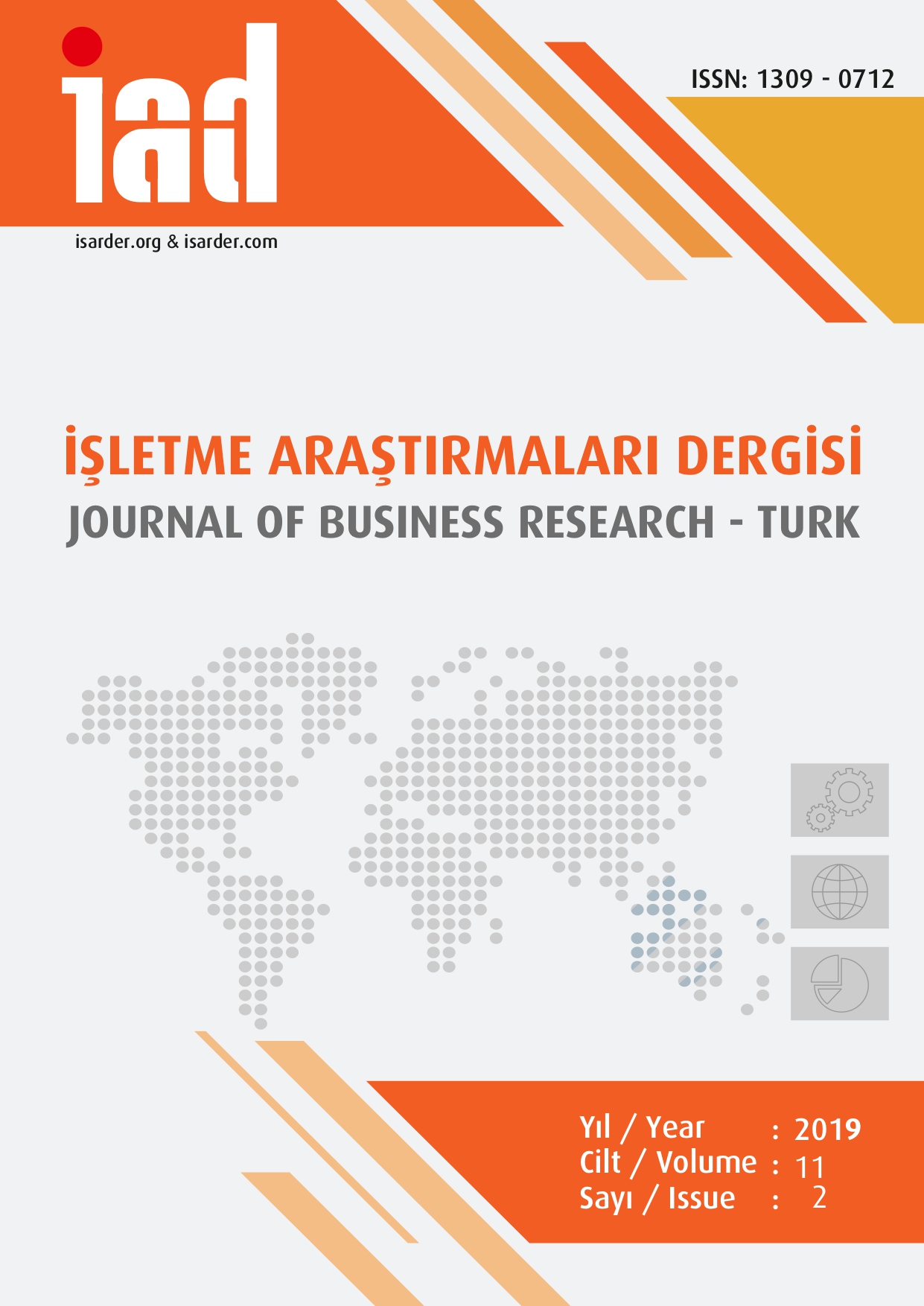Duygusal Zekânın Etkili Liderlik Üzerine Etkisi: Türkiye ve Afganistan Üzerine Karşılaştırmalı Bir Çalışma
Impact of Emotional Intelligence on Effective Leadership: A Comparative Study of Turkey and Afghanistan
Author(s): Belgin Aydintan, Neslihan Künye, Hamayoun GhafourzaySubject(s): Education, Psychology, Business Economy / Management, Security and defense, Health and medicine and law, Financial Markets
Published by: Orhan Sağçolak
Keywords: Emotional Intelligence; Effective Leadership; Leadership;
Summary/Abstract: Purpose – The purpose of the study is to examine the relationship between emotional intelligence and effective leadership in terms of inter-country differences. Design/methodology/purpose – For examining the mentioned purpose an empirical study with convenience sampling method was carried out on both private and public sectors such as education (university), banking, defense and health at Turkey and Afghanistan. The gathered data through survey method were analyzed by SPSS 11.5 statistical program to test the proposed hypothesis. The frequency analysis, correlation analysis, and linear regression analysis were used to analyze the collected data. Finding – As the result of the analysis in both countries (Turkey and Afghanistan), a significant positive correlation was observed between emotional intelligence and effective leadership (Turkey: 63.1 % and Afghanistan: 59 %). At the same time, emotional intelligence has been shown to have an impact on effective leadership. Discussion – In the history of Management, it is seen that managers/leaders and human relations are closely related and discussed together. Nowadays, in the studies which consider the characteristics of managers/leaders, one of the most important elements for effective leadership has emerged as the emotional level of human being. Why is Emotional Intelligence (EI) so critical to effective leadership? Advocates of EI argue that without it, a person can have outstanding training, a highly analytical mind, a compelling vision, and an endless supply of terrific ideas but still not make a great leader. This may be especially true as individuals move up in an organization (Robbins and Judge, 2015). To be an effective leader it is important to explore the leader's personal and academic skills as well as the emotional intelligence which becomes a measure for identifying effective leadership and tool for developing effective leadership skills. In this context, the aim of the study is to examine the relationship between emotional intelligence and effective leadership in terms of inter-country differences.
Journal: İşletme Araştırmaları Dergisi
- Issue Year: 11/2019
- Issue No: 2
- Page Range: 976-989
- Page Count: 14
- Language: Turkish

